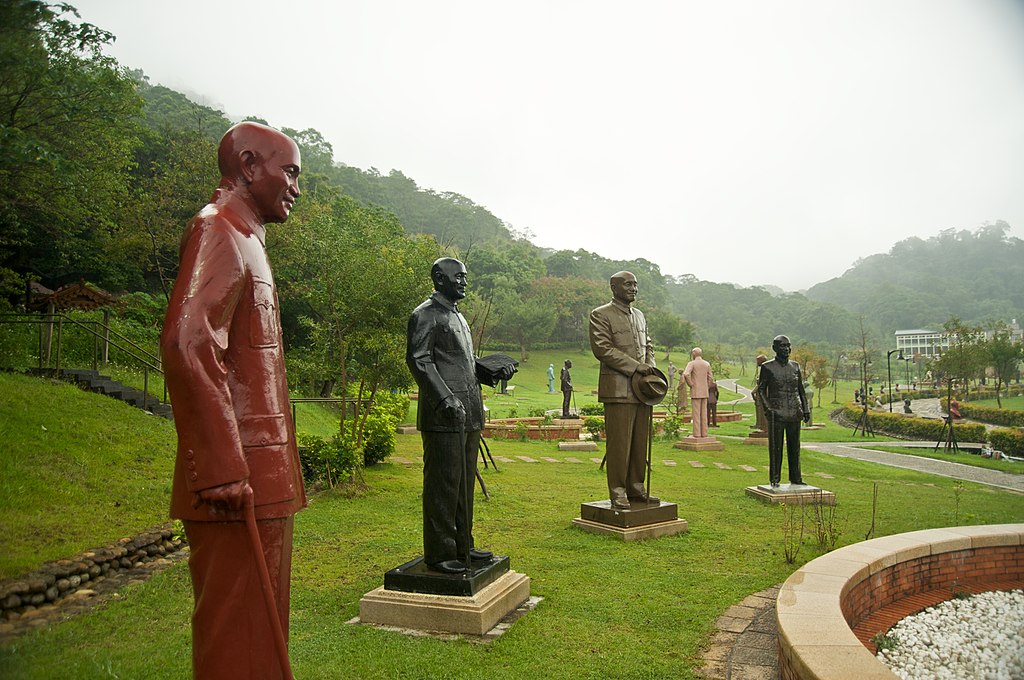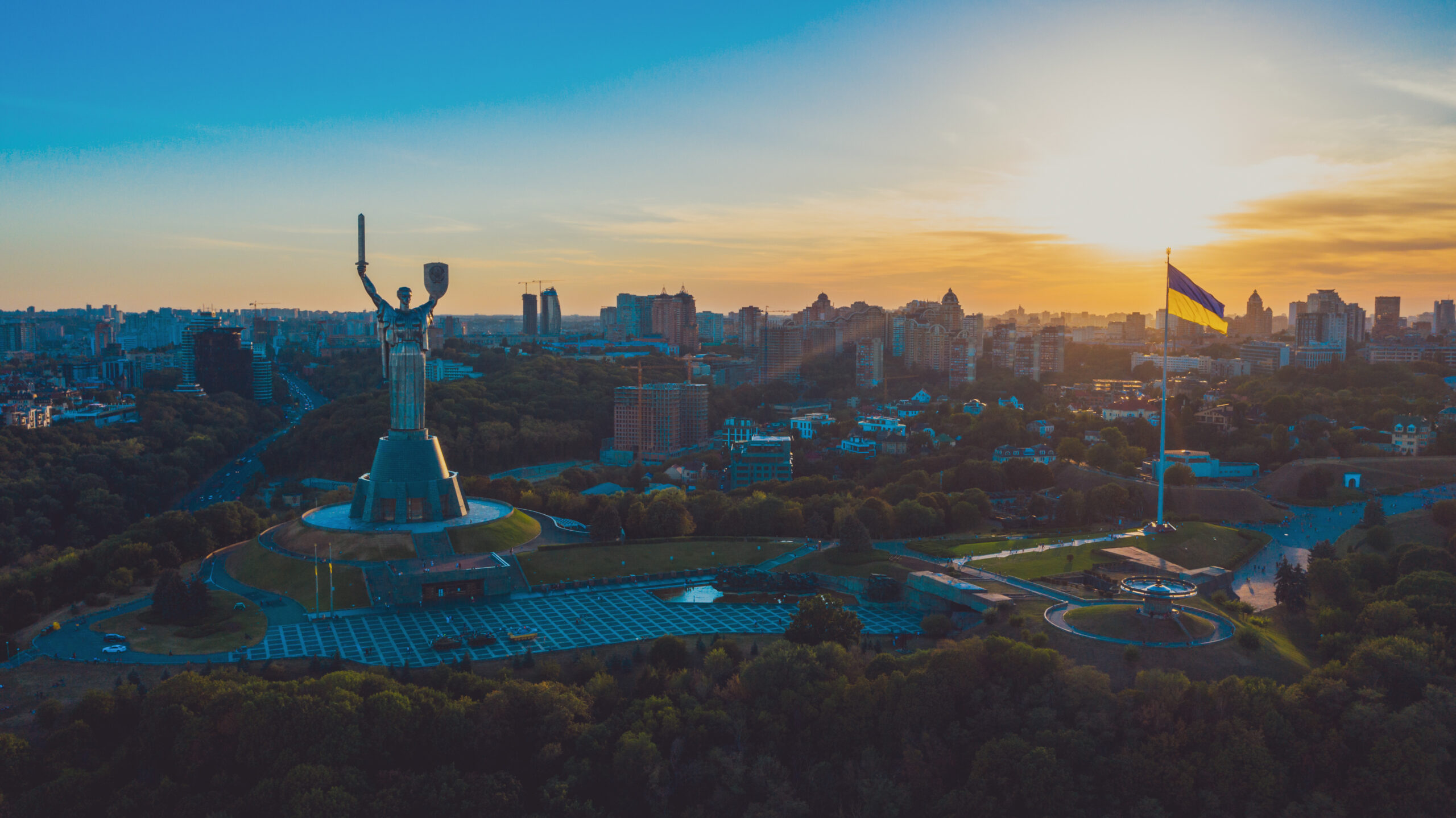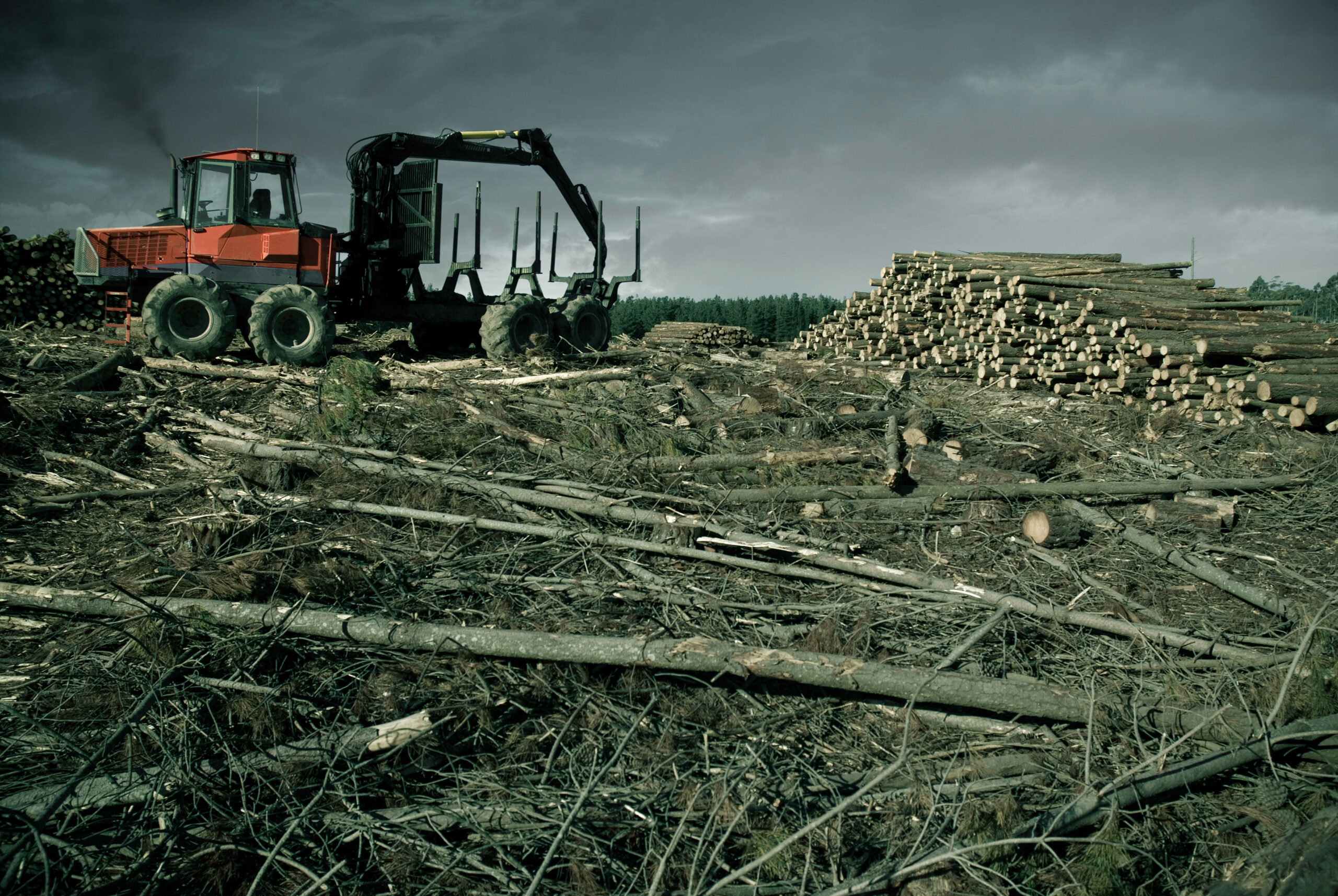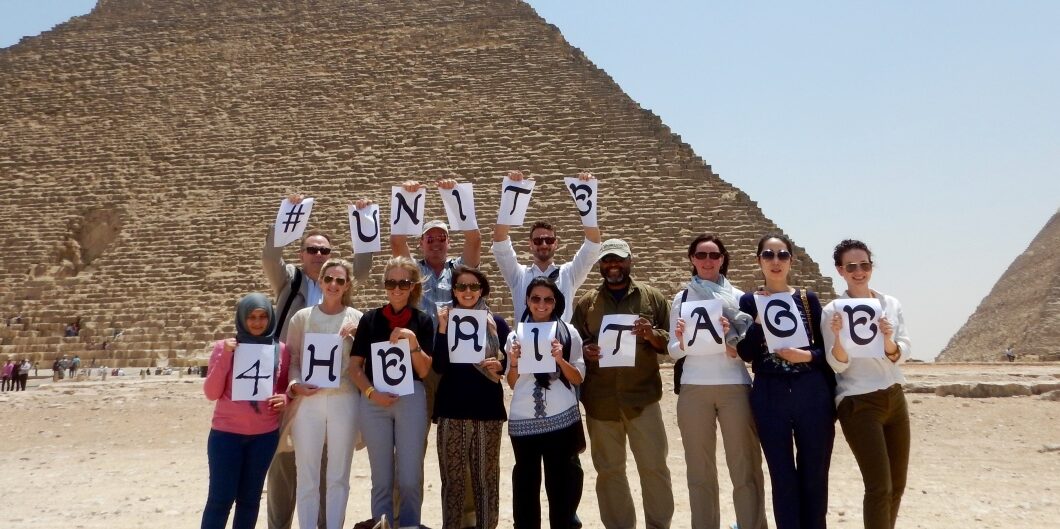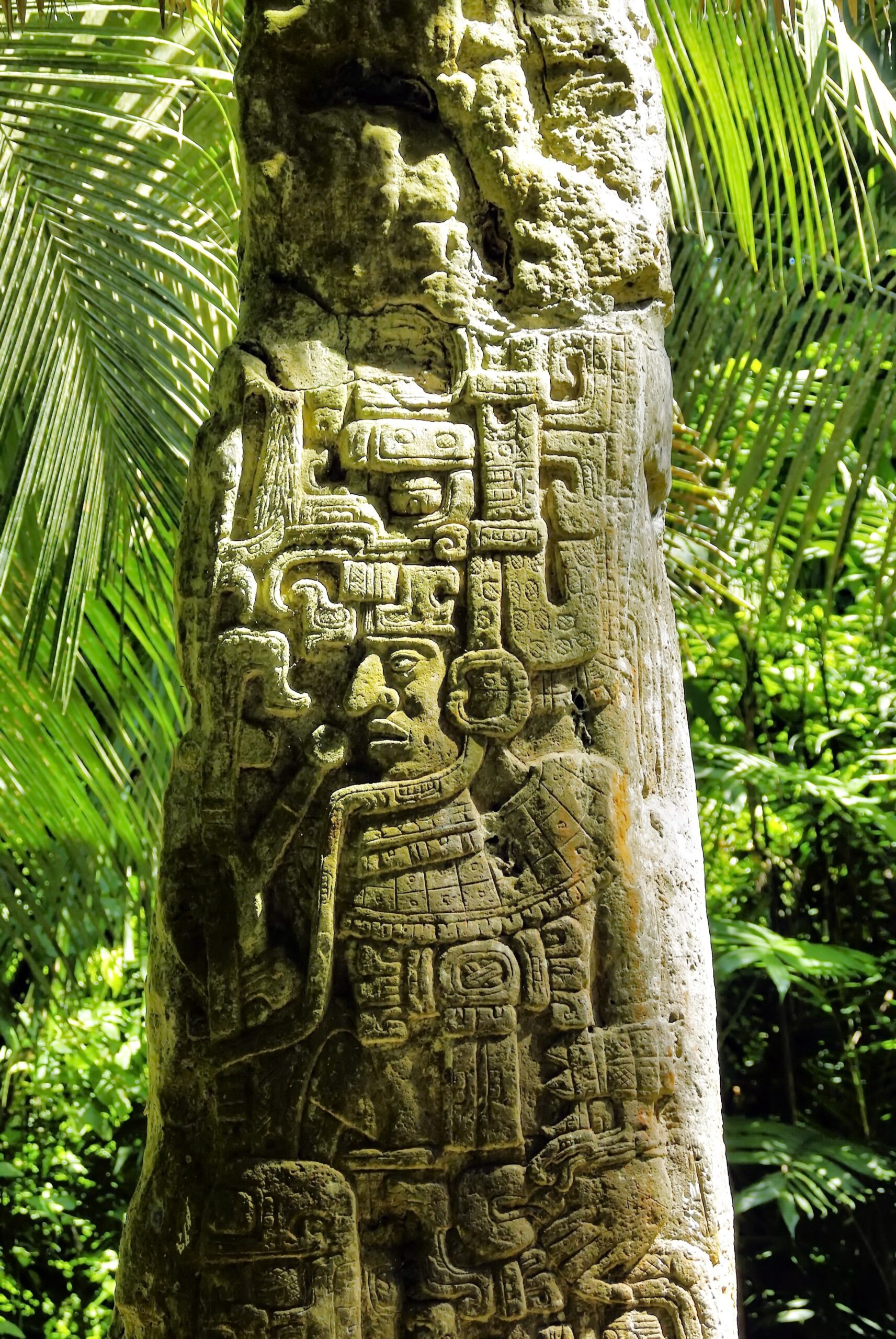Policy Brief No. 7
September 2020
By Terry Townshend
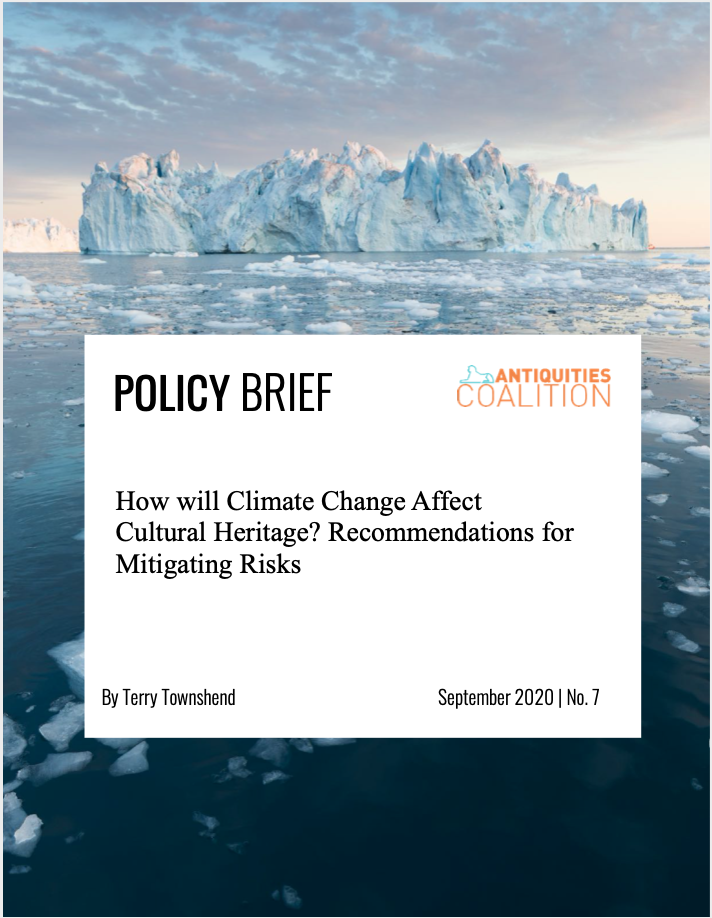
In 1972, UNESCO Member States adopted the Convention concerning the Protection of the World Cultural and Natural Heritage in order to create an appropriate framework for the preservation of our shared heritage for the benefit of current and future generations. Since then, climate change has emerged as a threat to the integrity of many World Heritage sites, including their Outstanding Universal Value (OUV).
In the past few years, there have been studies to examine the likely impacts of climate change on cultural heritage and to develop policies for managing cultural heritage in the face of climate change. In 2006, under the guidance of the World Heritage Committee, UNESCO prepared a report on Predicting and Managing the Effects of Climate Change on World Heritage (2007), followed by a compilation of Case Studies on Climate Change and World Heritage, and a Policy Document on the Impacts of Climate Change on World Heritage Properties in 2008. In May 2014, it published a practical guide to Climate Change Adaptation for Natural World Heritage Sites. In late 2019 and early 2020, a consultation was held to gather input with a view to updating the “Policy Document on the Impacts of Climate Change on World Heritage properties,” and an update is expected soon.
This paper builds on that work by examining the climate change-related risks facing cultural World Heritage Sites and makes recommendations for how to assess and mitigate those risks.
“There is a need to consider and plan for actions to reduce the adverse impacts which may arise, and to identify and harness any beneficial opportunities. This is known as climate change adaptation.”
Terry Townshend



